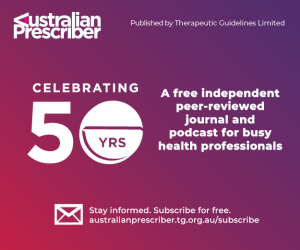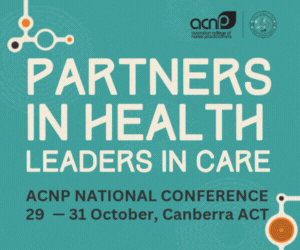Newly arrived refugees and asylum seekers receive most of their direct healthcare from nurses, so it makes sense that we have an organisation representing nurses working in refugee health.
Sandy Eagar, the national chair of Refugee Nurses of Australia says the organisation was founded in 2016 to bring refugee nurses together and provide a forum to highlight issues related to healthcare for refugees and asylum seekers in Australia.
“The impetus for starting Refugee Nurses of Australia came out of the reality that most of the direct healthcare for newly arrived refugees is delivered through a variety of refugee nurse programs. While we were delivering most of the care, our workforce had very little representation at the national level,” Sandy says.
National nursing bodies in Australia including the ANMF, Australian College of Nurses and Australian College of Mental Health Nurses have taken a firm public stand on the rights of refugees and asylum seekers in keeping with the 1951 UN Convention Relating to the Status of Refugees.
“We have a proud history of resettlement of over 750,000 refugees in Australia since World War II and nurses have a long history of looking after refugees. Most nurses in the healthcare system in Australia would have cared for a refugee or certainly the descendants of refugee families,” Sandy says.
“So I think it’s important to have a nursing voice to push for the healthcare rights of asylum seekers at the state and federal level. It has been such a toxic political atmosphere around asylum seekers and this has polluted a lot of people’s views on the issue. We need nurses to advocate and be a voice for those who might be voiceless.”
Asylum seekers and refugees face a wide range of health issues upon arrival in Australia and often present to healthcare providers with little or no medical history. Health issues nurses encounter can depend on the person’s country of origin, age and socio-economic background.
“Some of the issues we commonly screen for are often due to the experience of refugees on the journey to Australia and of course health issues relevant to their country of origin,” Sandy says. “We see chronic health conditions like hypertension, diabetes and high cholesterol in people who have either never been properly diagnosed or managed.”
Sandy says many refugees have low levels of Vitamin D, A and B12 and are more likely to experience low Hepatitis B immunisation rates. Many people also arrive with parasite infections.
“It is really important to screen and treat people for a range of health conditions when they first arrive in Australia. We commonly do a range of blood tests and developmental and growth checks in children,” she says.
“A lot of children arrive with very poor oral health because they haven’t had access to clean water for the regular cleaning of teeth and this is often combined with poor health literacy in families. Sadly a lot of children have psychological issues as well and we see a lot of children who aren’t reaching developmental milestones due to this kind of damage.”
Most of the refugees who arrive in Australia have very low rates of health screening, Sandy says.
“A lot of the women we see, for example, have never had a pap smear or a breast screen. We need our general nursing workforce to be aware of refugees amongst their patients across all healthcare settings. We need to think about levels of health literacy and taking the time to build up a rapport and trust with refugees and make sure they can access the healthcare services they need.”
At the end of 2016 the UNHCR reported 65.6 million people were forcibly displaced due to war, violence, torture and famine.
“If you or I were to join the queue today, it would take 123 years to get to the front of the queue – so that puts the idea of ‘queue jumpers’ into perspective,” Sandy says. “Nurses need to take a step back and have a critical analysis of the rhetoric about asylum seekers from the political parties. As the frontline healthcare providers nurses can make a huge difference to the lives of people fleeing war, torture and persecution.”
AMNF position statement on refugees and asylum seekers http://anmf.org.au/documents/policies/PS_Refugees_asylum_seekers.pdf








